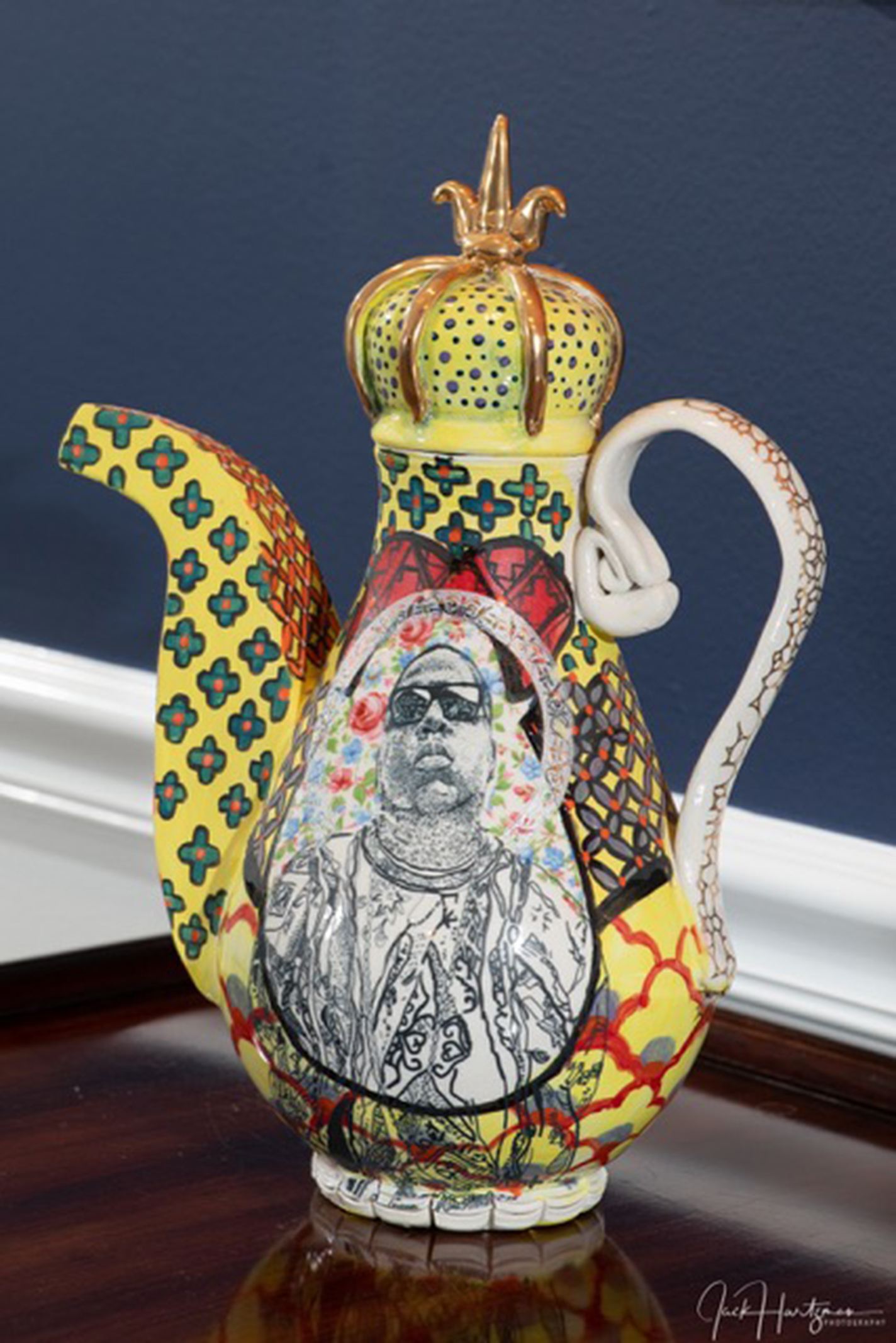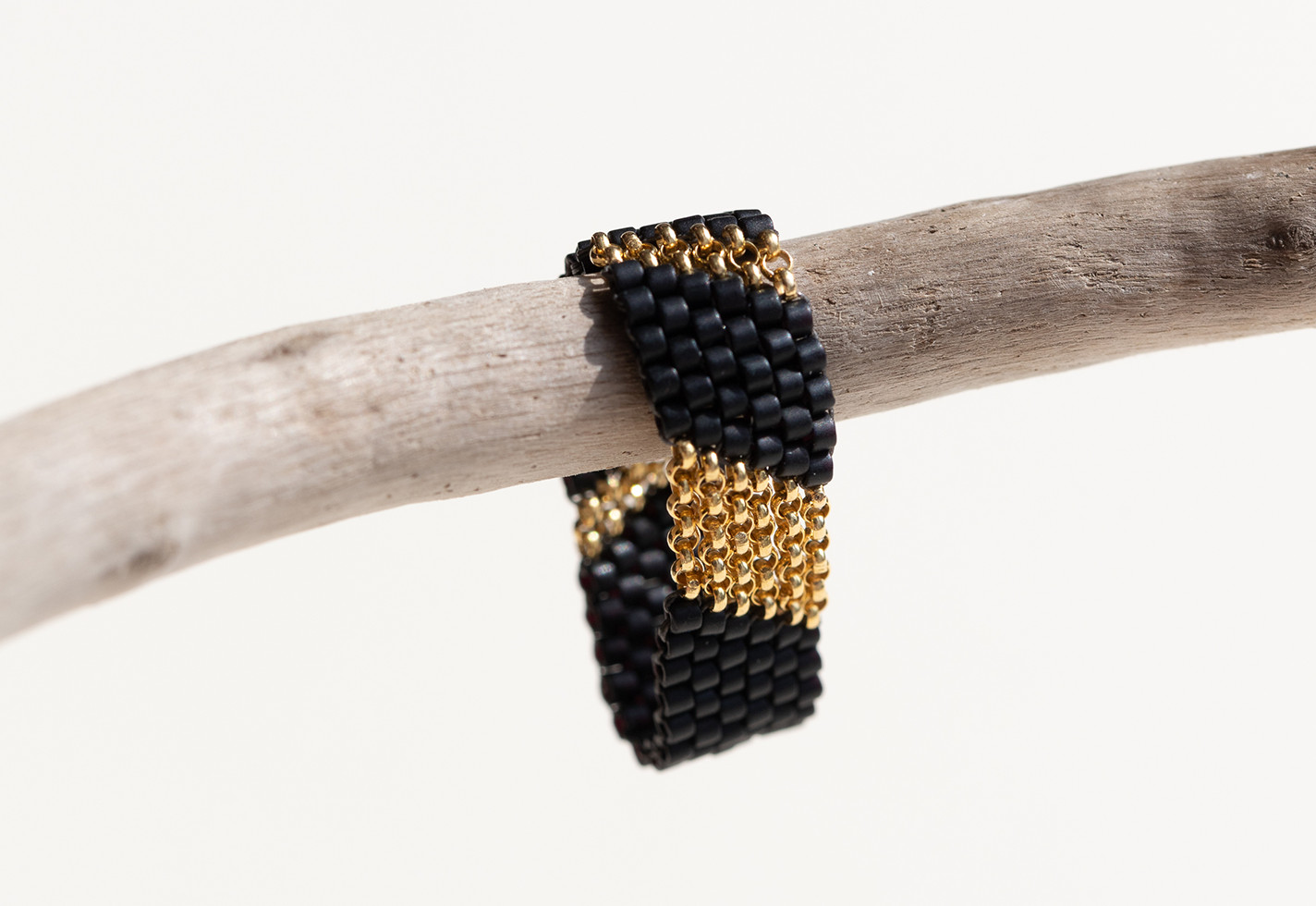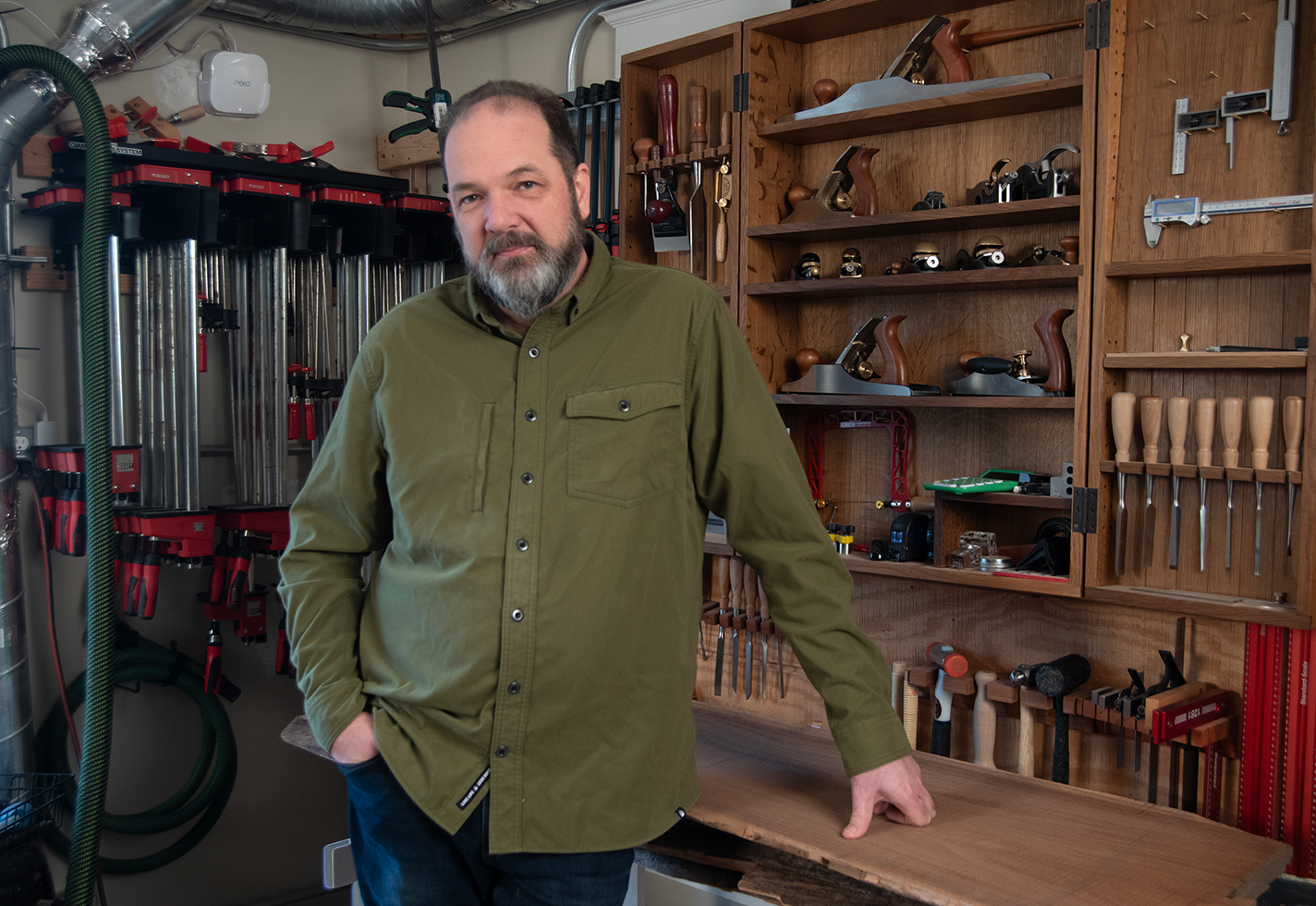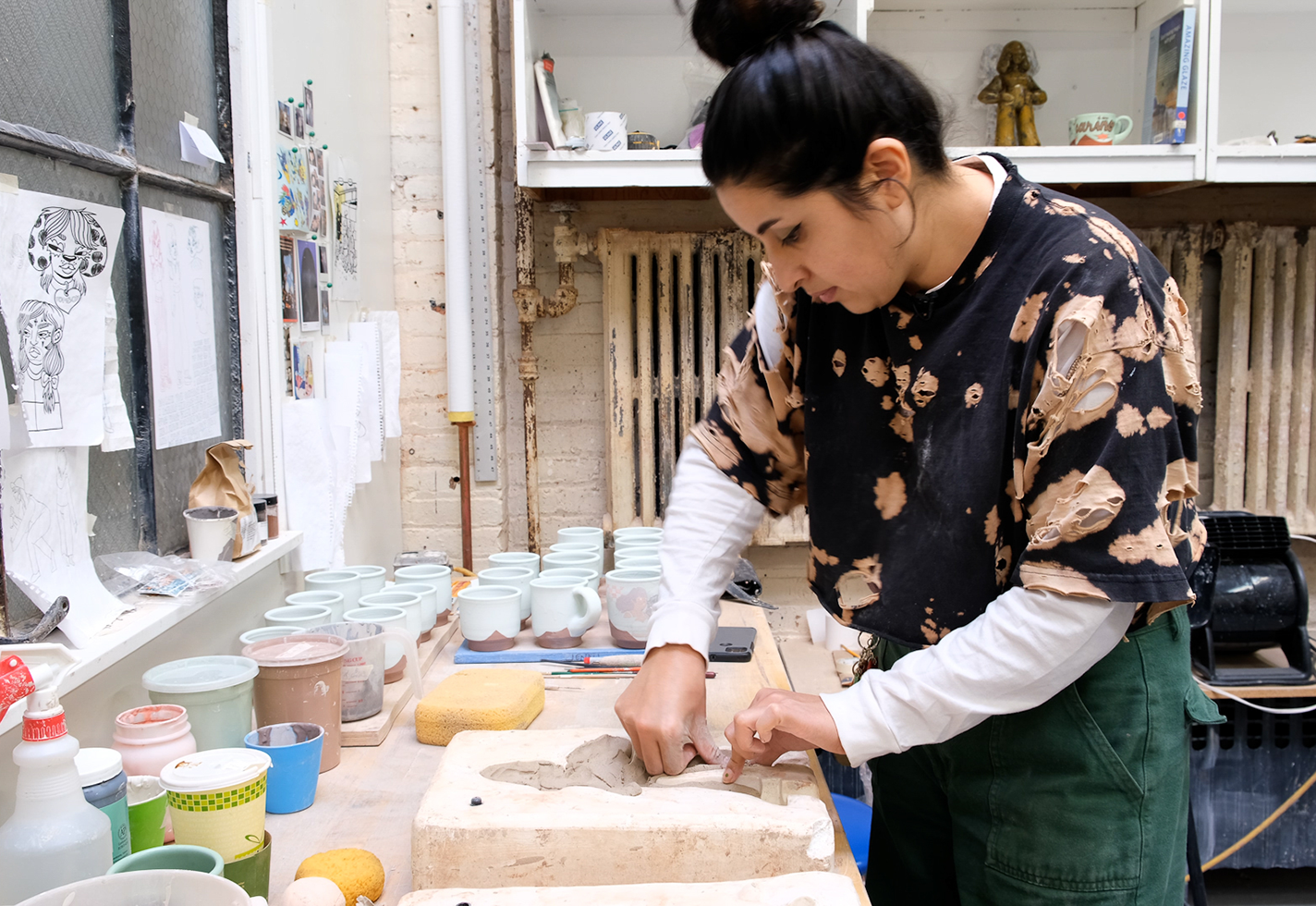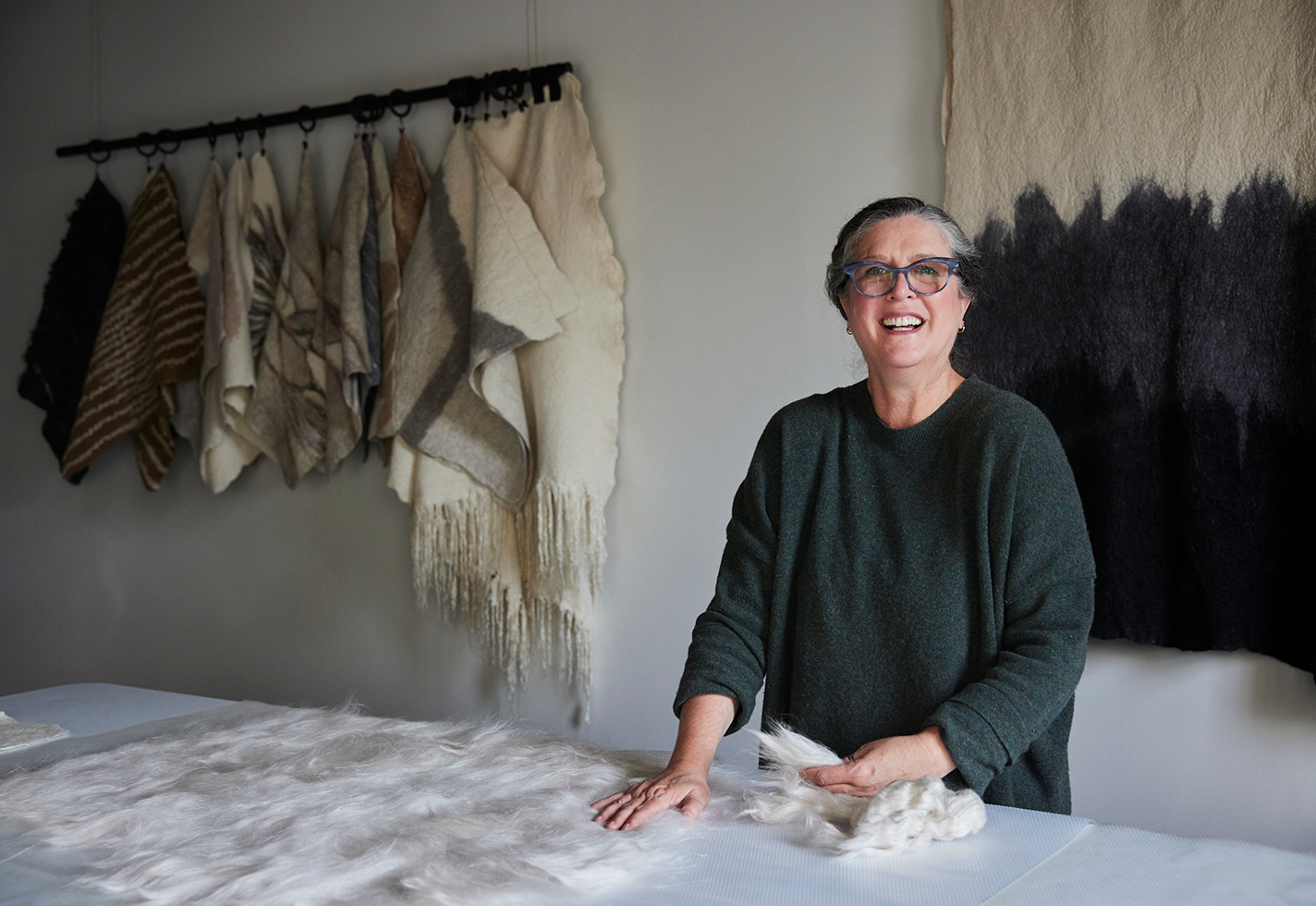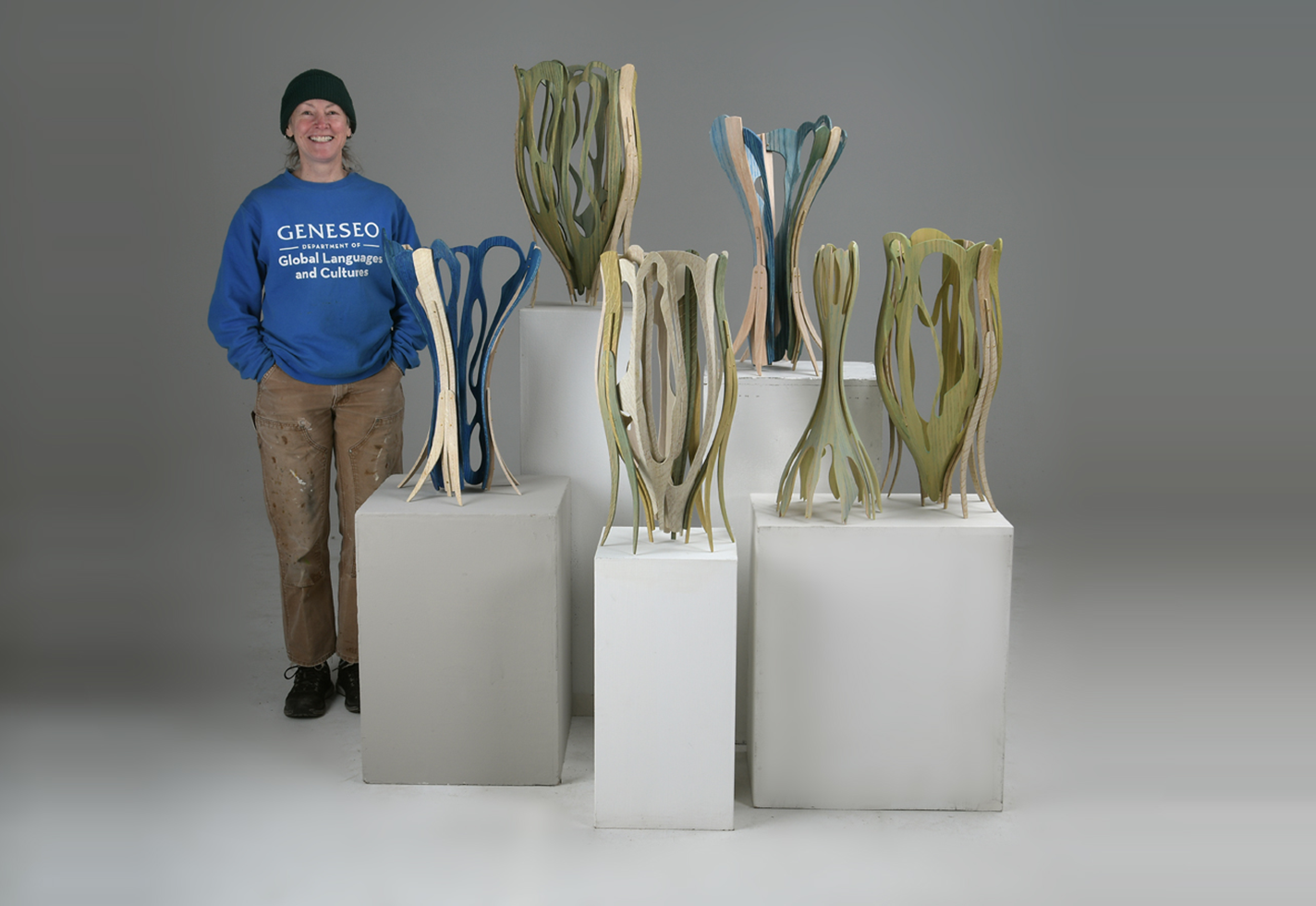Scenario #3: You want to make sure your collection is properly insured.
An appraisal is a good idea. A qualified appraiser can tell you if the value of your collection has gone up or down, and you can adjust your insurance policy accordingly. If the value of your collection has gone up—for example, if you own a piece or pieces by an artist who is very desirable right now—you might discover that you are underinsured and you’ll want to increase your coverage.
Sometimes values go down, and you can save money on your insurance premium with an up-to-date valuation. “I had a client who needed an updated appraisal for insurance on a photography collection,” says Dunner. “The photography market has been down within the past several years, so he discovered he was paying a higher premium than he should be.”
If your collection includes fragile items—objects made from glass, ceramics, even fibers, says Dunner—get an appraisal and make sure your insurance is up to date.
Scenario #4: You want to donate a piece to a museum.
Say you want to donate a Roberto Lugo teapot to the Renwick, and the Renwick has agreed to take it. Get an appraisal, says Dunner. You will need it for the valuation and the tax deduction.
Scenario #5: You want to update your will.
It depends on your situation, says Dunner, but if you want help understanding the fair market value of your collection and trying to determine equitable distribution, an appraisal is a good idea.
Scenario #6: You’ve been made the executor of an estate.
Your great aunt died and made you the executor of her will. Her estate includes a craft collection and you need help understanding its value. “Get an appraisal,” says Dunner.
Scenario #7: You’ve inherited a craft collection.
Have the collection appraised so you can insure it properly, says Dunner.
Laine Bergeson Becco is a writer and editor in Minneapolis.

